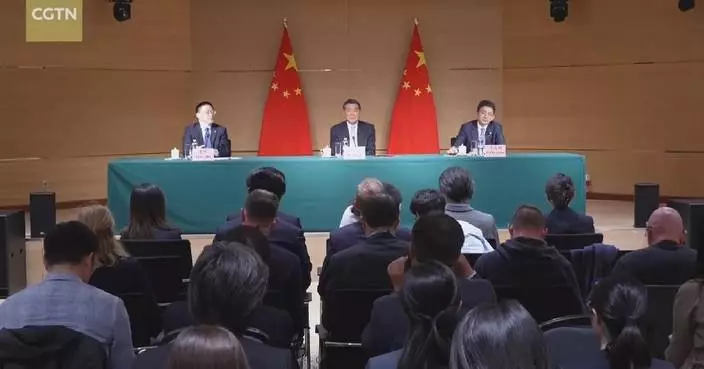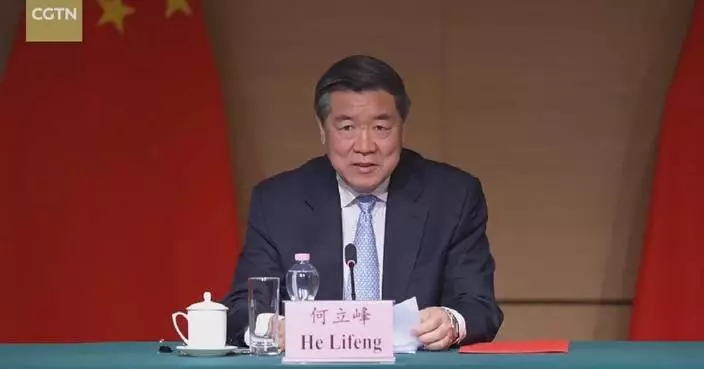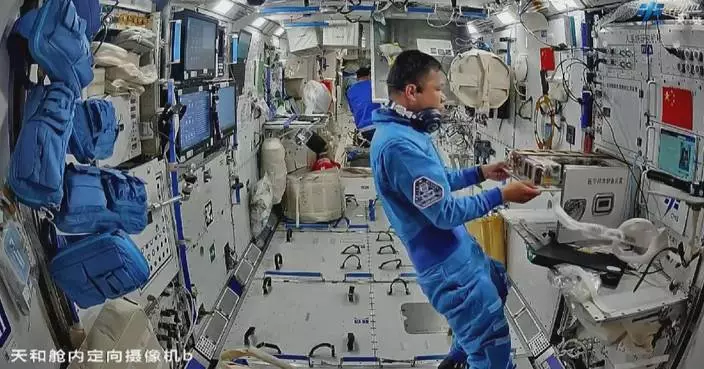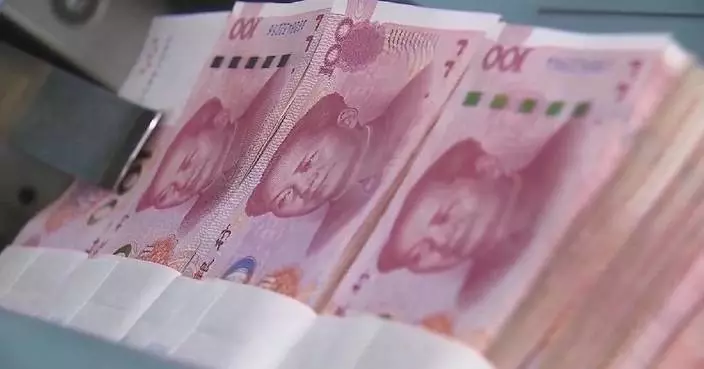A report released on Monday highlights research conducted aboard the Chinese space station, which aims to provide solutions for long-term space survival and develop technologies that benefit both industries and daily life on Earth.
Published by the China Manned Space Engineering Office (CMSEO), the 2024 report provides a comprehensive summary of the scientific research and applications conducted in China's space station over the past two years.
It highlights 34 representative research and application achievements, as well as various science communication and cultural activities.
China has currently outlined four major research areas in space: space life and human body research, microgravity physics, space astronomy and earth science, and space technologies and applications, encompassing 32 research topics.
As of December 1, 2024, a total of 181 scientific and application projects have been conducted in orbit. Nearly two tons of scientific materials have been delivered to the station, and almost 100 types of experimental samples have been brought back to Earth.
The report also highlighted several world records, including the development of the first germplasm resources of rice and ratoon rice developed in space and the differentiation of human embryonic stem cells into hematopoietic stem/precursor cells in space.
"We hope to offer solutions to the challenges of long-term human survival in space through these studies. At the same time, the key materials developed in space are expected to be applied on Earth, offering new processes, methods, and technologies to improve production and daily life," said Zhang Wei, a researcher at the Technology and Engineering Center for Space Utilization (CSU), under the Chinese Academy of Sciences (CAS). Zhang noted that the report primarily highlights results from completed experiments, while many others are still in progress.
"In our scientific experiments, particularly in microgravity fluids, several international cooperation projects are underway. Projects initiated through the United Nations are progressing, and joint China-Europe projects are also been carried out," said the researcher.
According to the report, the Chinese space station, serving as the national space lab, will conduct over 1,000 research projects in the next 10-15 years. It aims to promote science outreach and international collaboration, attract high-level teams from around the world, and advance China's space science, technology, and applications.

Chinese space station experiments poised to bring tangible benefits for both space, Earth





















































